An animated film on Copyrightuser.org titled The Adventure of the Girl with the Light Blue Hair won an AHRC Research in Film Award on 12 November 2015 at an Awards Ceremony hosted at the British Film Institute, Southbank London.
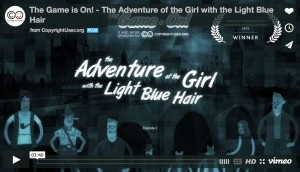
Copyrightuser.org is an online resource, which makes copyright law accessible to creators, teachers, students and members of the public. The project began with Bournemouth University’s Fusion Investment Fund in 2012 after which, the project has been successfully funded by RCUK/AHRC since 2013.
It is a collaborative project carried out by the Centre for Intellectual Property Policy and Management (CIPPM) Bournemouth University and CREATe, University of Glasgow.
The animated film was short-listed for the AHRC 10th Anniversary Research in Film Award within the category Award for Innovation in Film – Best Film in the Year and beat another four contenders to win the award.
The panel of judges – consisting of industry and academic experts such as film director Beeban Kidron, Financial Times Arts Editor Jan Dalley, and actor and producer Diana Quick – described the film as “a well-constructed, quality animation addressing issues of creativity, IP and copyright for schools and undergraduates: lively, engaging, witty (à la Sherlock Holmes mode), informative and educating at the same time.”
The Adventure of the Girl with the Light Blue Hair is the first episode of The Game is On!, web series and is produced by Mr. Bartolomeo Meletti (CREATe, University of Glasgow) and Professor Ronan Deazley (Queens University Belfast). The film draws inspiration from Sherlock Holmes and other well-known copyright and public domain works and provides a springboard for exploring various copyright concepts.
It forms part of a suite of online learning materials for students and teachers in the UK while educating the wider public about what can and cannot be done with copyright works. To achieve this aim, researchers working on Copyrightuser.org produced both video and textual material.
The animated film is enhanced by 12 ‘Case Files’ authored by Ms. Hayleigh Bosher and Dr. Dinusha Mendis (CIPPM, Bournemouth University), which draws on the various elements of the film to explore key principles and ideas underpinning copyright law, creativity, and the limits of lawful appropriation and reuse.
The educational materials also include Copyright for A Level Media Studies authored by Ms. Hayleigh Bosher and Dr. Dinusha Mendis (CIPPM, Bournemouth University) – an educational web resource which addresses the AS/A Level Unit Critical Perspectives in Media, Section B: Contemporary Media Issues.
The AHRC Research in Film Awards is designed to recognise the creative and innovative work being undertaken at the interface between research and film. All the winners and full versions of the films can be seen here.
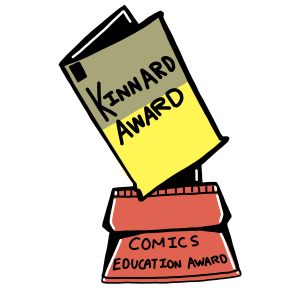 Dr Julia Round of the Faculty of Media and Communication has been awarded a 2024 Comics Education Kinnard Award for outstanding work with comics and education.
Dr Julia Round of the Faculty of Media and Communication has been awarded a 2024 Comics Education Kinnard Award for outstanding work with comics and education. 

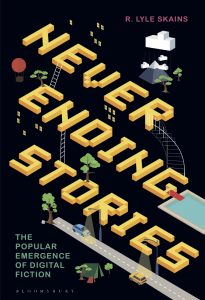

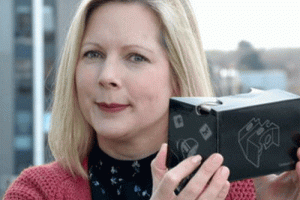
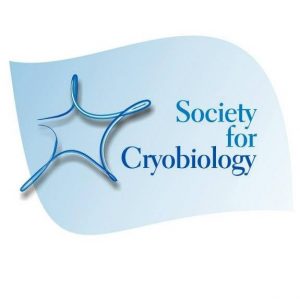
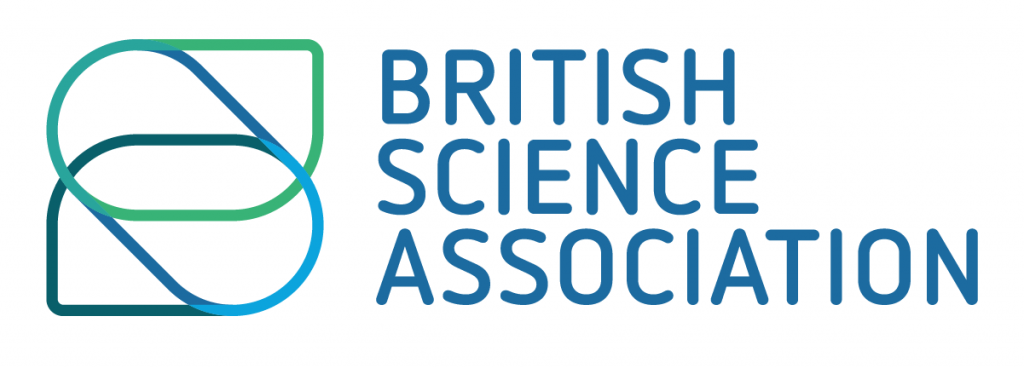






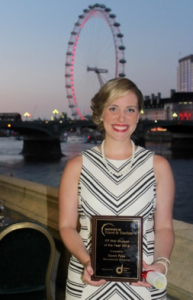
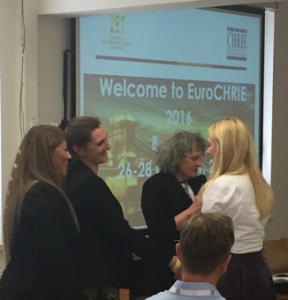
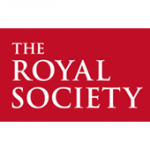 The Wilkins-Bernal-Medawar Medal and Lecture is given for excellence in a subject relating to the history of science, philosophy of science or the social function of science.
The Wilkins-Bernal-Medawar Medal and Lecture is given for excellence in a subject relating to the history of science, philosophy of science or the social function of science. The Arts and Humanities Research Council (AHRC) is launching its 2016 Research in Film Awards in a bid to find new and emerging talent that straddle the worlds of both film making and arts and humanities research.
The Arts and Humanities Research Council (AHRC) is launching its 2016 Research in Film Awards in a bid to find new and emerging talent that straddle the worlds of both film making and arts and humanities research.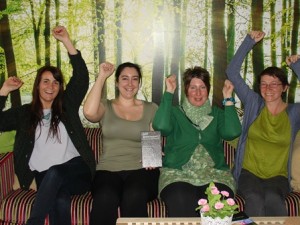 We have achieved a lot in the last year, which includes reducing our printing by 24.3% (we’re aiming for 50% in two years) and we have saved BU 34% on printing costs by significantly reducing our colour printing; we’ve recycled and reused practically everything we could have; we’ve introduced a switch-off campaign; various lunch clubs involve walking, quizzing, spinning and craft; we contributed to Fair Trade Fortnight; we’ve reduced car usage when travelling to work; everyone has a plant on their desk; and much, much more.
We have achieved a lot in the last year, which includes reducing our printing by 24.3% (we’re aiming for 50% in two years) and we have saved BU 34% on printing costs by significantly reducing our colour printing; we’ve recycled and reused practically everything we could have; we’ve introduced a switch-off campaign; various lunch clubs involve walking, quizzing, spinning and craft; we contributed to Fair Trade Fortnight; we’ve reduced car usage when travelling to work; everyone has a plant on their desk; and much, much more. Congratulations to the whole team!
Congratulations to the whole team!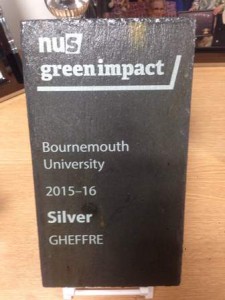
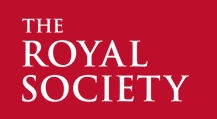












 REF Code of Practice consultation is open!
REF Code of Practice consultation is open! BU Leads AI-Driven Work Package in EU Horizon SUSHEAS Project
BU Leads AI-Driven Work Package in EU Horizon SUSHEAS Project Evidence Synthesis Centre open at Kathmandu University
Evidence Synthesis Centre open at Kathmandu University Expand Your Impact: Collaboration and Networking Workshops for Researchers
Expand Your Impact: Collaboration and Networking Workshops for Researchers ECR Funding Open Call: Research Culture & Community Grant – Apply now
ECR Funding Open Call: Research Culture & Community Grant – Apply now ECR Funding Open Call: Research Culture & Community Grant – Application Deadline Friday 12 December
ECR Funding Open Call: Research Culture & Community Grant – Application Deadline Friday 12 December MSCA Postdoctoral Fellowships 2025 Call
MSCA Postdoctoral Fellowships 2025 Call ERC Advanced Grant 2025 Webinar
ERC Advanced Grant 2025 Webinar Update on UKRO services
Update on UKRO services European research project exploring use of ‘virtual twins’ to better manage metabolic associated fatty liver disease
European research project exploring use of ‘virtual twins’ to better manage metabolic associated fatty liver disease